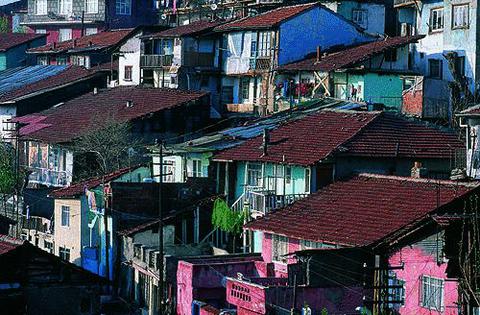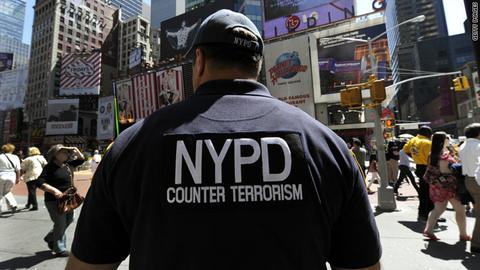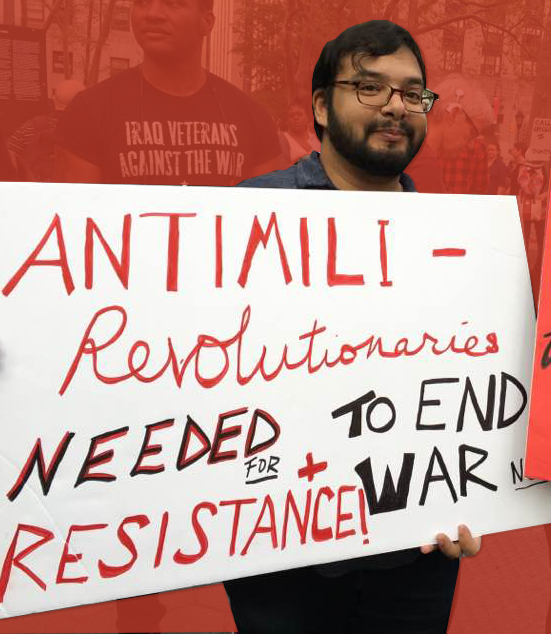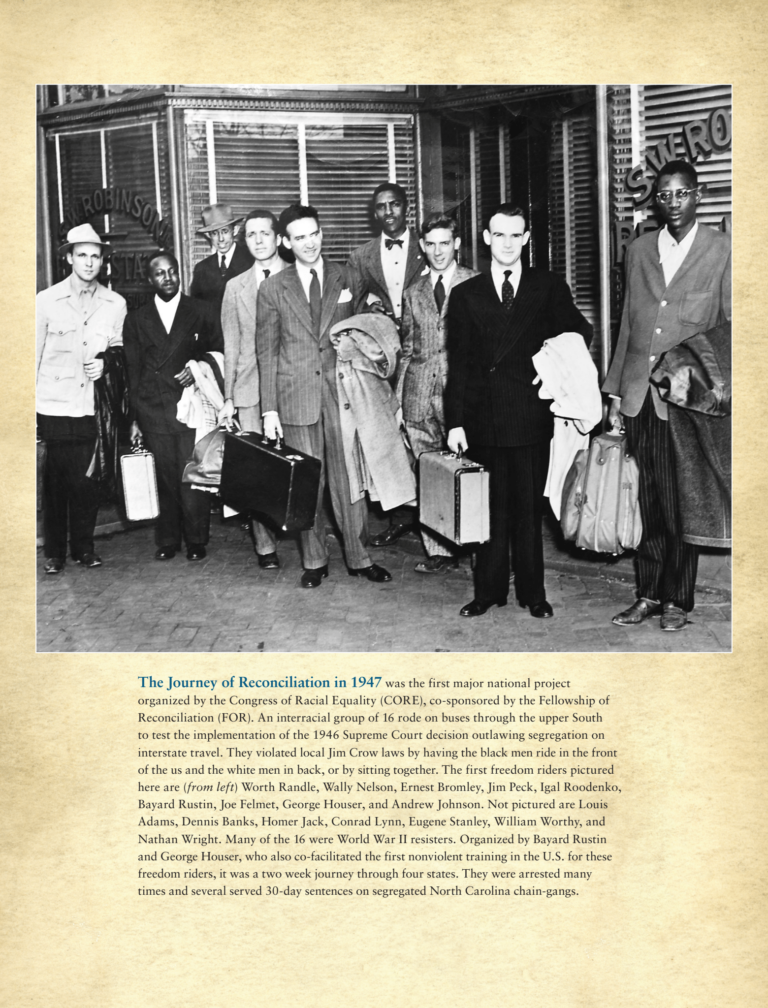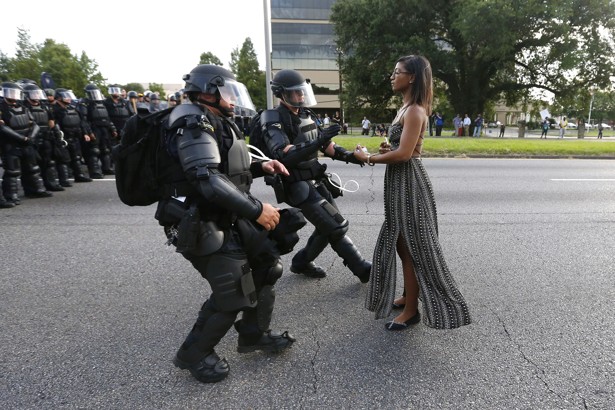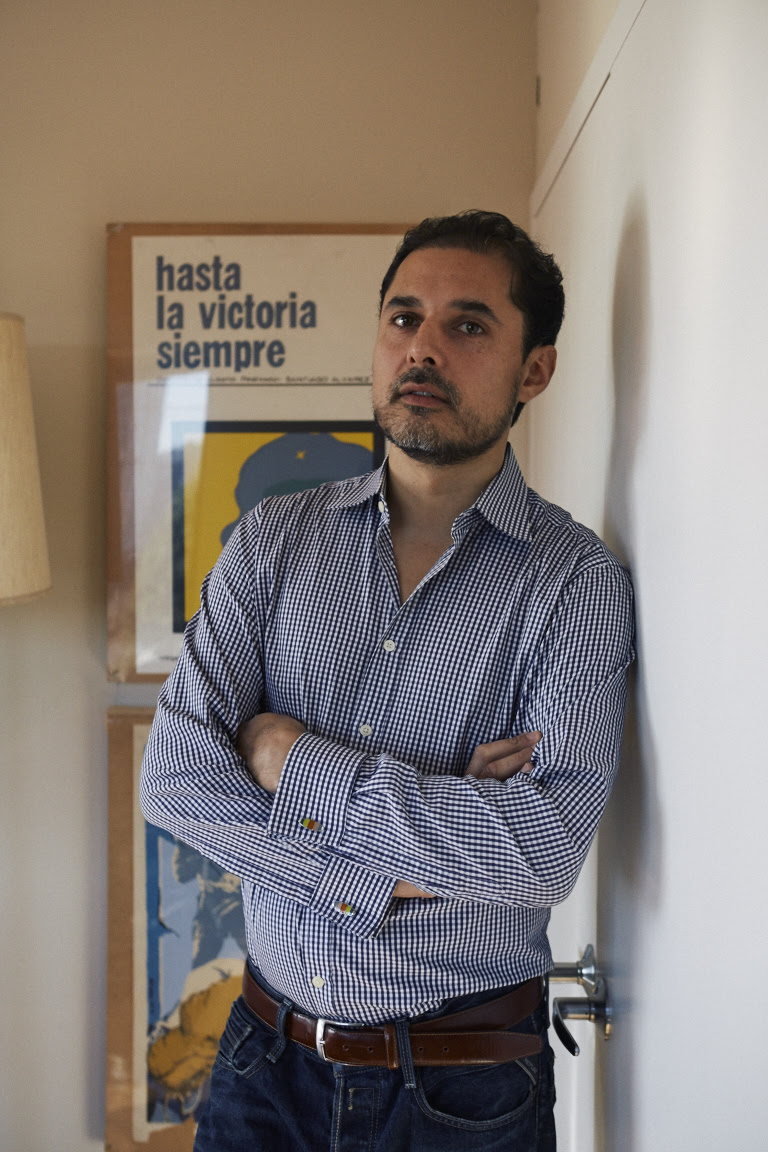On the Ground in Turkey: Repression Gets Personal
After the mass escalation of anti-government protest this past late May in Turkey, events there have fallen out of the headlines. But mobilization and repression continue. This past November 23rd for example, the Turkish police cracked-down hard on a teacher’s demonstration in Ankara called for by the progressive union Eğitim-Sen against the privatization of schools. This violence led to a teacher, Asli Akdemir, suffering cerebral trauma from the impact of a tear gas canister.
To better get an idea of what’s happening on the ground in Turkey, the Facing Tear Gas campaign recently spoke with two Turkish activists – one in Istanbul and the other in New York City. They both talked about the government’s recent move to break up organizing before it even gets to the street, by monitoring and raiding the homes of youth and students. They have used mixed-gender housing as a justification, portraying the lifestyles of youth as immoral. This is echoed when Interior Minister Guler takes it further saying that student housing is “home to terrorist or illegal organizations.” Below is what Cihan Tekay, a PhD Candidate in Cultural Anthropology at CUNY Graduate Center, had to say.
Facing Tear Gas (FTG): After the intense police crackdown of protests around Gezi park and beyond this past summer, how is repression evolving in Turkey?
Cihan Tekay (CT): It is expanding into the private sphere. One way the Turkish government is doing this is to push for policy changes in terms of student housing – couched in language that it wants to provide more. In Turkey most Universities are public, tuition costs are minimal and housing is free. But many cannot make it in so students get into groups and rent together from very predatory landlords.
Now the Prime Minister is saying that this is a housing problem, but it’s also a moral issue. Young men and women are living together because we can’t provide them with housing and we need to control these places. So they started cracking down on student housing in private apartments and telling people to report on students who are living in a mixed gendered situation.
These are the houses in which people live and organize. For example, in Istanbul – near Taksim Square – there are some poor, increasingly gentrified neighborhoods, where students have lived traditionally. During the Gezi protests, that’s where a lot of the confrontations with the police and students happened. Protesters would buzz the apartments so they could flee from the police. And that’s where they would stay when they weren’t camping out. My friend’s flat is where a lot of organizing happened.
They also know that these are places where people build solidarity – the student culture – where people live as a community. The rhetoric of morality is what they are using to attack this culture. For weeks now they have been targeting individual apartments even though they have no legal right to do so.
FTG: How is this connected to the way youth in Turkey are treated in general?
CT: That’s an important question because Turkey has a history of seeing students and young people as basically criminal. If you think of “Stop and Frisk” here in NYC, it is similar. If you are young and dress like a student, and are anything from middle class to poor – you will get stopped. Here you have to be Black or Latino, but there you just have to be young. So what’s outrageous here is normal to us. Because that’s our everyday. We already have a culture where being young and looking a certain way – jeans, a long hair, an earring – means that you are a leftist.
It happens to people all the time. But now it is shifting, the constant surveillance and criminalization of students and young people is now in the private sphere. Where people live. They are attacking the roots of where they think this dissent culture comes from.
FTG: How have young people responded to this wave of attacks?
CT: Well, the majority of street battles are now in Ankara, around various issues, and the movement elsewhere, such as in Istanbul has focused its energies on releasing key organizers from detention and raising money for medical care of the injured.
One key connection though has been a return of humor. Satirical graphics, videos and tweets that take on the moral claim of Erdogan’s apartment surveillance and raids. Like when @burakozorus tweeted: “I saw some people at the wedding. I swear they were boys and girls sitting together. I called and told on them”. The hashtag #WeAreGirlsAndBoysStayingInTheSameHouse reminded us of the massive creative outpouring this past Summer.
Share

